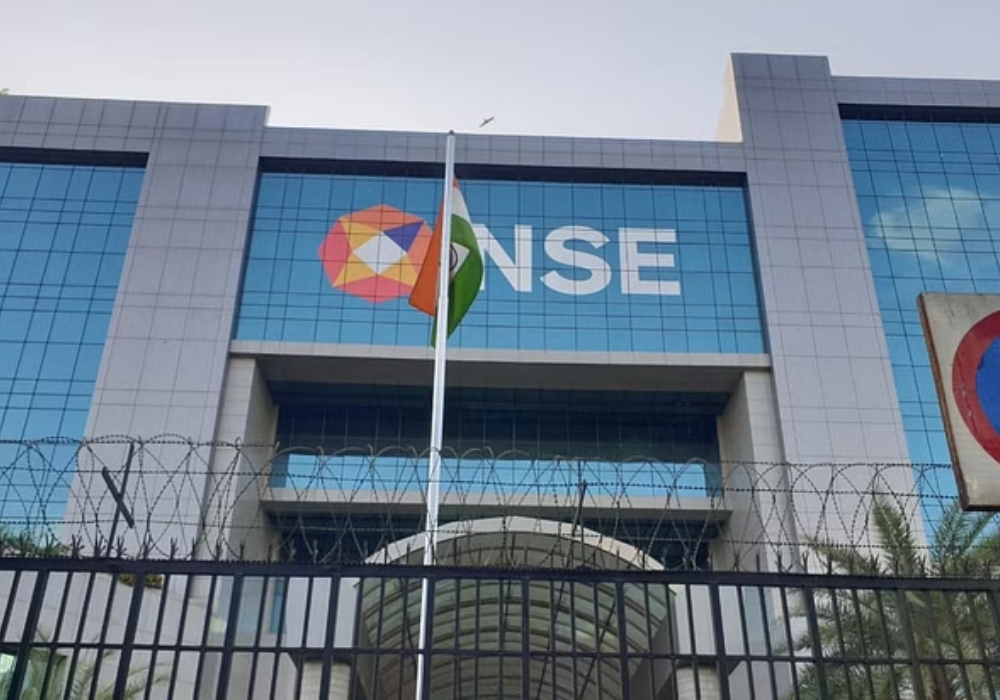Supreme court ordered SEBI to return 300 crores to NSE
The Supreme Court on Monday ordered the Securities and Exchange Board of India (Sebi) to refund the National Stock Exchange (NSE) 300 crore as part of a disgorgement order. The refund, however, is conditional on the exchange agreeing to return the money with interest if Sebi wins the appeal in the co-location scam case.
In addition, the court served notice on the National Stock Exchange on a Sebi petition challenging the Securities Appellate Tribunal’s (SAT) 23 January order. The Supreme Court questioned Sebi’s investigation pace, asking if it had been sleeping all this time. The case will be heard in September
Under co-location services, some brokers trading from the same premises where NSE’s algorithmic trading servers were located could get faster access to the trading systems, thereby gaining an unfair advantage over others.
On January 23, SAT overturned Sebi’s 2019 order ordering National Stock Exchange to pay a penalty of Rs.624.89 crore in the alleged co-location scam. In fact, reducing the penalty to a sixth, the appellate tribunal ordered NSE to pay 100 crore to Sebi’s investor protection and education fund for its secondary server lapses.
“Even though National Stock Exchange has not engaged in any unethical act or has unjustly enriched itself,” an appellate tribunal bench led by Justice Tarun Agarwala and Justice M.T. Joshi said in its order.
Following the appellate court’s decision, Sebi filed an appeal with the Supreme Court against the SAT order.
In April 2019, Sebi ordered NSE to forfeit approximately ₹1,044 crore, which meant the disgorgement of ₹624 crore at 12% interest from 2014.
Due to alleged lapses in high-frequency trading made available through its co-location facility, Sebi also barred the exchange from accessing the market for funds for the next six months. Furthermore, the markets regulator ordered Chitra Ramakrishna, former managing director and CEO, and Ravi Narain, former vice-chairman, to pay back 25% of their salaries, but the order was later overturned by SAT.
After a three-year investigation, the stock market will reopen on February 10, 2021.
The regulator fined Ramakrishna and Narain 25 lakh each, and the NSE 1 crore.
Meanwhile, in its decision on January 23, SAT was particularly harsh on the market regulator’s actions.
“We find that Sebi took a cautious approach and, in fact, was putting a protective cover over NSE’s alleged wrongdoings.” “It wasn’t until questions were put on the floor of Parliament that Sebi awoke and launched an investigation,” according to the SAT order.
According to the appellate tribunal, given the gravity of the alleged charges, Sebi should have conducted an investigation rather than delegating it to National Stock Exchange.
“It is strange, and it defies logic, that Sebi directed NSE to conduct an investigation against itself.” “It is clear that a casual approach was taken,” the tribunal said in a 235-page order.
Furthermore, SAT stated that when serious allegations were made against a first-level regulator – NSE – Sebi should have been proactive and conducted a thorough investigation.
The alleged scam was discovered in 2015 after a whistleblower filed three written complaints alleging that some traders were given preferential access to the NSE’s co-location facility.
Click to invest in National Stock exchange unlisted shares.
Read our other blogs
Get in touch with us
To know more about NSE IPO Prospects. Click- https://altiusinvestech.com/blog/nse-ipo-insights-and-expectations/
For any query/ personal assistance feel free to reach out at support@Altiusinvestech.com or call us at +91-8240614850.
To know, more about Unlisted Company. Click here – https://altiusinvestech.com/blog/what-is-listed-and-unlisted-company
You can also checkout the list of Best 5 Unlisted Shares to Buy in India
For Direct Trading, Visit – https://trade.altiusinvestech.com/.
To know more about How to apply for an IPO? Click- https://altiusinvestech.com/blog/how-to-apply-for-an-ipo/

